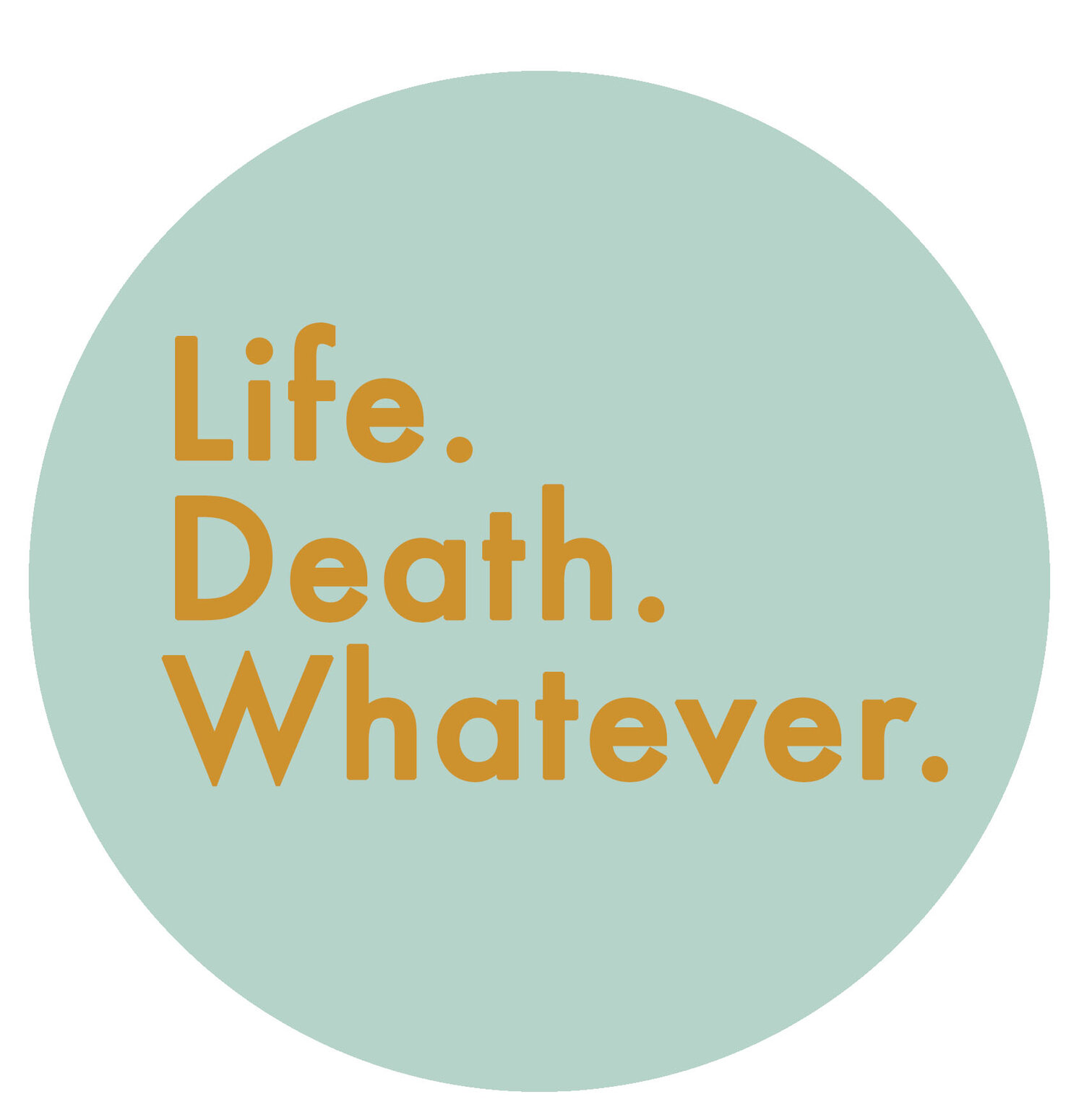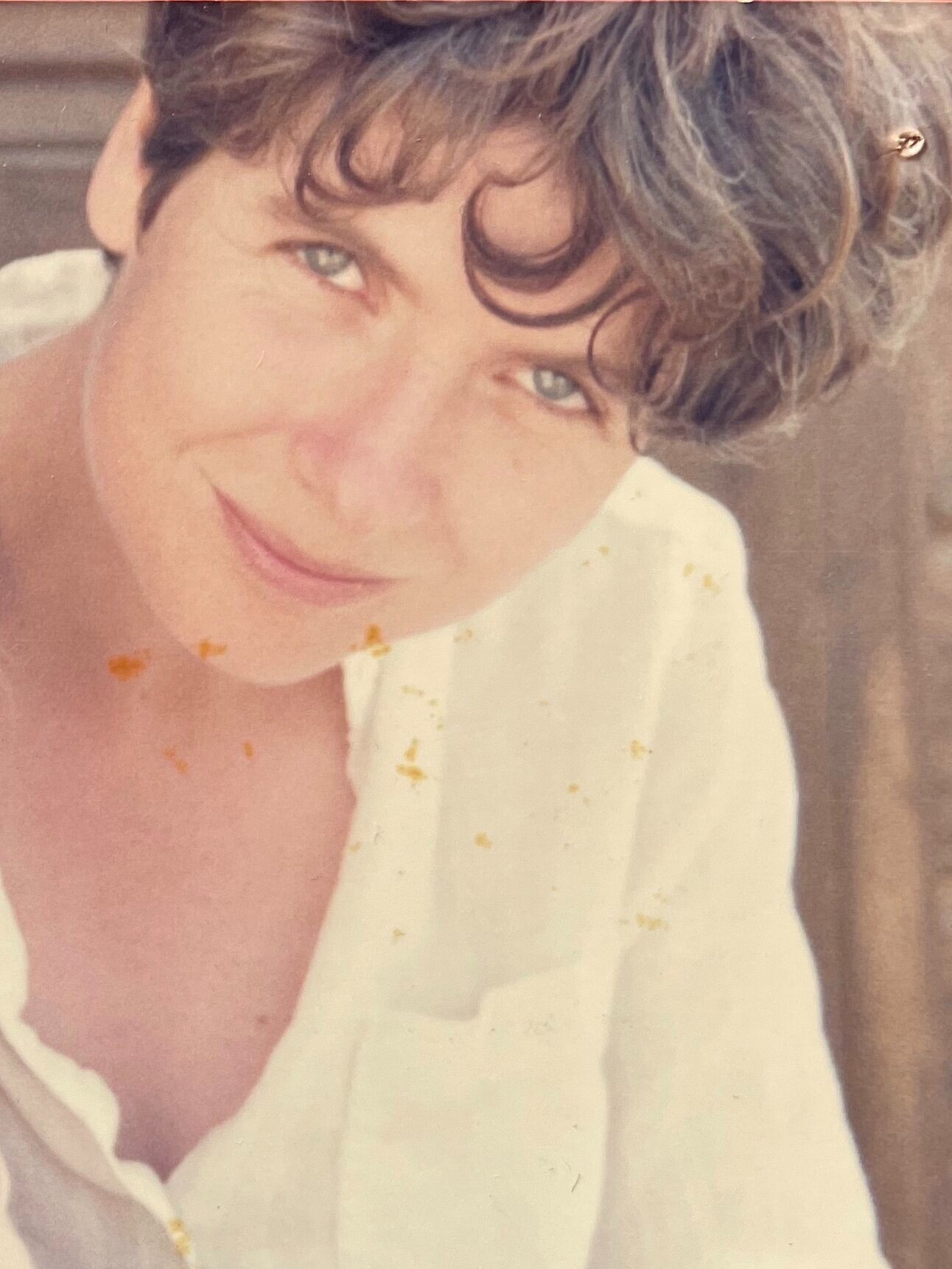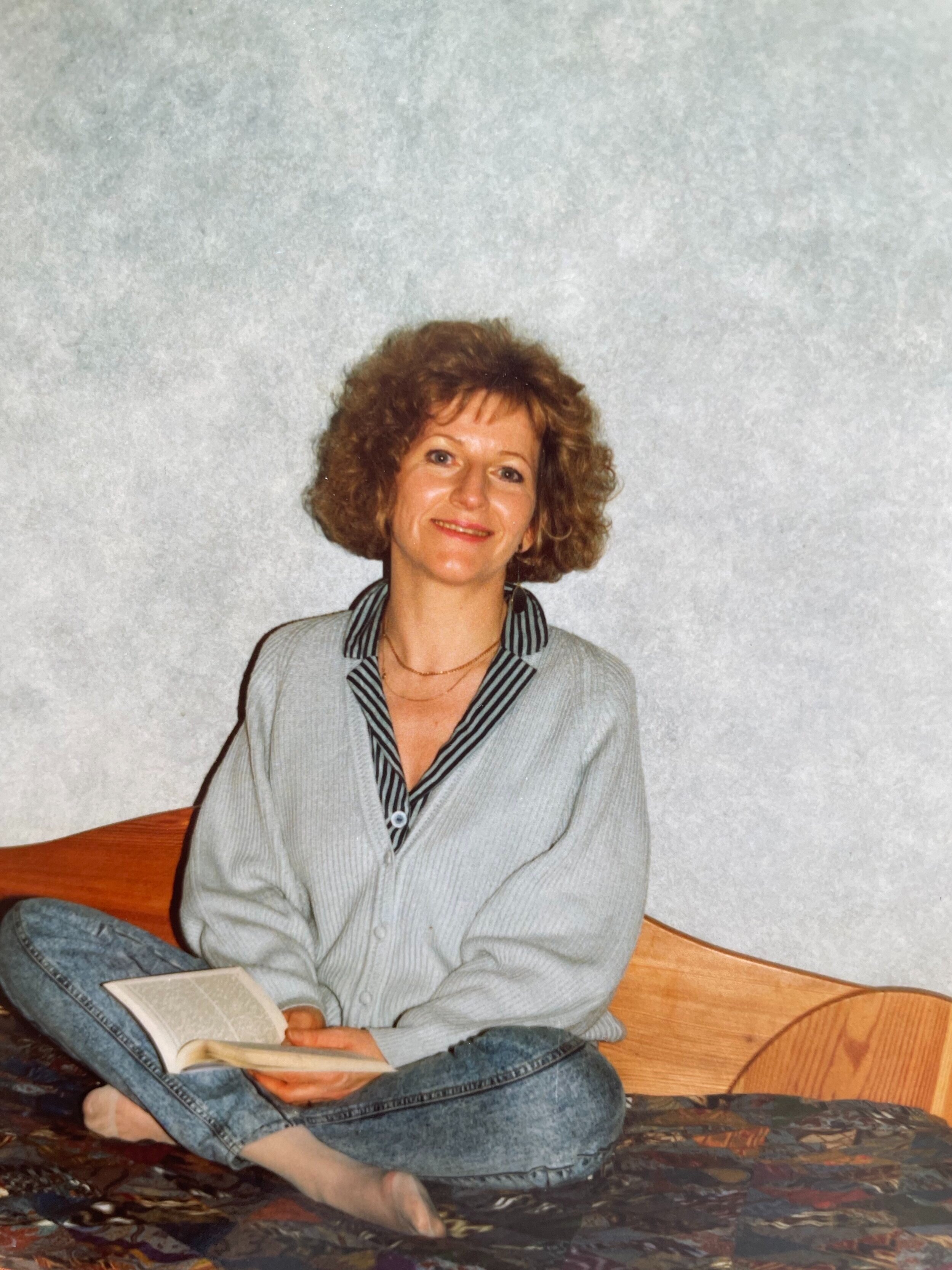1. Losing a parent can make you regress
When my mom died suddenly in 1992, I was seven years old. My dad became my lifeline and I clung to him more than I had before. When others started to put distance between themselves and their parents in our pre-teens, I wasn’t ready to do the same. Meanwhile, my dad had fallen in love with a woman who wanted to be my new mother as much as she wanted to be my dad’s new wife. She persevered when I rebelled and pushed her away at first. She offered me safety and love, without needing to replace my first mother or her memory. I think that the rupture of having lost my first mom made me hold on to this new-found safety for a little while longer. When my second mother died of cancer, I had already turned eighteen, and I was almost 31, when my dad died. However, I believe that each time I lost a parent, I regressed somewhat in different ways. I’m now a functioning adult, but there’s is still a yearning for the unconditional love only a parent can provide. I don’t think this will change.
2. Losing a parent can make you more mature
It’s often said that losing your parents turns you into an adult in an instance. Despite what I said above, I believe this also is true. Perhaps that’s due to the new responsibilities that tend to come before or after the death of a loved one: in the months before my second mother’s death, I learned to care for her, to make her meals, wash her body, give her medicine. Organizing my dad’s funeral together with his third wife and dealing with his affairs are certainly also experiences that forced me to grow up. Some people have told me that grief made them realize what’s important in life, that they fret less about the unimportant things. That’s not me, though. I still fret. A lot. However, I do believe that my multiple experiences of grief have taught me something important: I’m no longer afraid of other people’s losses. This didn’t come overnight. I still remember being unable to support a classmate who was mourning his father because I was afraid his grief would reignite my own. This has changed. After losing my second mom and later my dad, I encountered so many people who shied away from my grief. And I learned to appreciate those who didn’t. Now, when someone shares their experience of loss with me, I try to stay present. This doesn’t mean that I always say or do the ‘right thing’. But grief wants to be acknowledged. To provide this acknowledgment for others, we must learn to sit with loss, grief, and death. And yes, I think it’s a form of maturity to be able to do that.
3. Grief can make you more aware of your own and other people’s mortality
After my dad passed away, I was suddenly an ‘orphaned adult’: the only one left, but also the next one in line. I was living in Cambridge (UK) at the time, and I found myself absurdly jealous of those old buildings that had been around for hundreds of years and still would remain there long after my own death. I would look at my lover, friends, colleagues, and random strangers and think about how they, too, would have to die someday. It felt like a magic veil had been lifted – but only for me, while everyone else seemed to still be living in denial of mortality. This made me feel simultaneously furious, jealous, and alone. It made me feel like I was the only person walking around without skin. Six years later, this feeling of self-centred rawness has passed. But the knowledge of the reality of death hasn’t left me. Although it’s painful, I think I prefer it that way. In the early days of this pandemic, PM Boris Johnson said the infamous sentence ‘Many British families will lose loved ones before their time.’ The Italian philosopher Sergio Benvenuto countered, ‘Why not say “prepare to lose your lives”? As if death were always the death of the other.’ The experience of grief precisely shatters this fallacy, reminds us that we, too, aren’t here forever.
4. Parenting without parents is f*cking hard
My daughter was born in January 2019. The first year of my daughter’s life was hard: the thought that she could feel abandoned by me was unbearable, which made me ignore my own physical and psychical limits. Not being able to talk to my parents about how it was when I was little is still something I struggle with. Parents, even dead ones, tend to get into your head when you’re on the impossible journey that is parenting. And with three dead parents, I sometimes get lost in my attempts to honour each of their memory, to reject some of their ideas and decisions, to find a way that works for me and my family. I can’t describe how sad it makes me that all three of them are missing out on knowing their granddaughter, and that she only gets to have one set of grandparents. At the same time, I know that having received unconditional love from three parents is a privilege. It’s a gift I will pass on.
5. Grief never ends. And maybe it shouldn’t
I won’t spoil Zinzi Clemmons’ brilliant novel What We Lose (2017) for you by quoting its last sentences, but they capture the infinity of grief perfectly. Time does help, yes. I’ve learned to live without my parents. I no longer experience the burning rage that would overcome me in the months after my second mother’s death. I no longer lay in the bathtub drinking my father’s favourite whiskey before a work meeting. And I’m glad the immediate suffering has ebbed away. But I also resent how quickly society expects us to be okay again. In his short text Us and Death (1915), Sigmund Freud writes about how most of us are generally having a hard time believing in our own death. It’s like the grieving and dying are an uneasy reminder of this truth, which needs to be denied. This denial abandons those of us who are dying or grieving. It arguably also leads to irresponsible politics. I believe that making more space for grief and death and fighting the general expectation ‘to get over grief’ are vital tasks.
About Marie
Marie is a scholar of literary studies and cultural theory, currently working on a project on ‘distance’. She grew up in Berlin, Germany, but has been living in the UK for 11 years. Marie lost her mother when she was 7 years old, her adoptive mother at 18, and her father just before turning 31. In her work, Marie has been thinking about grief and politics, and how we can find ways to mourn people at a distance.





